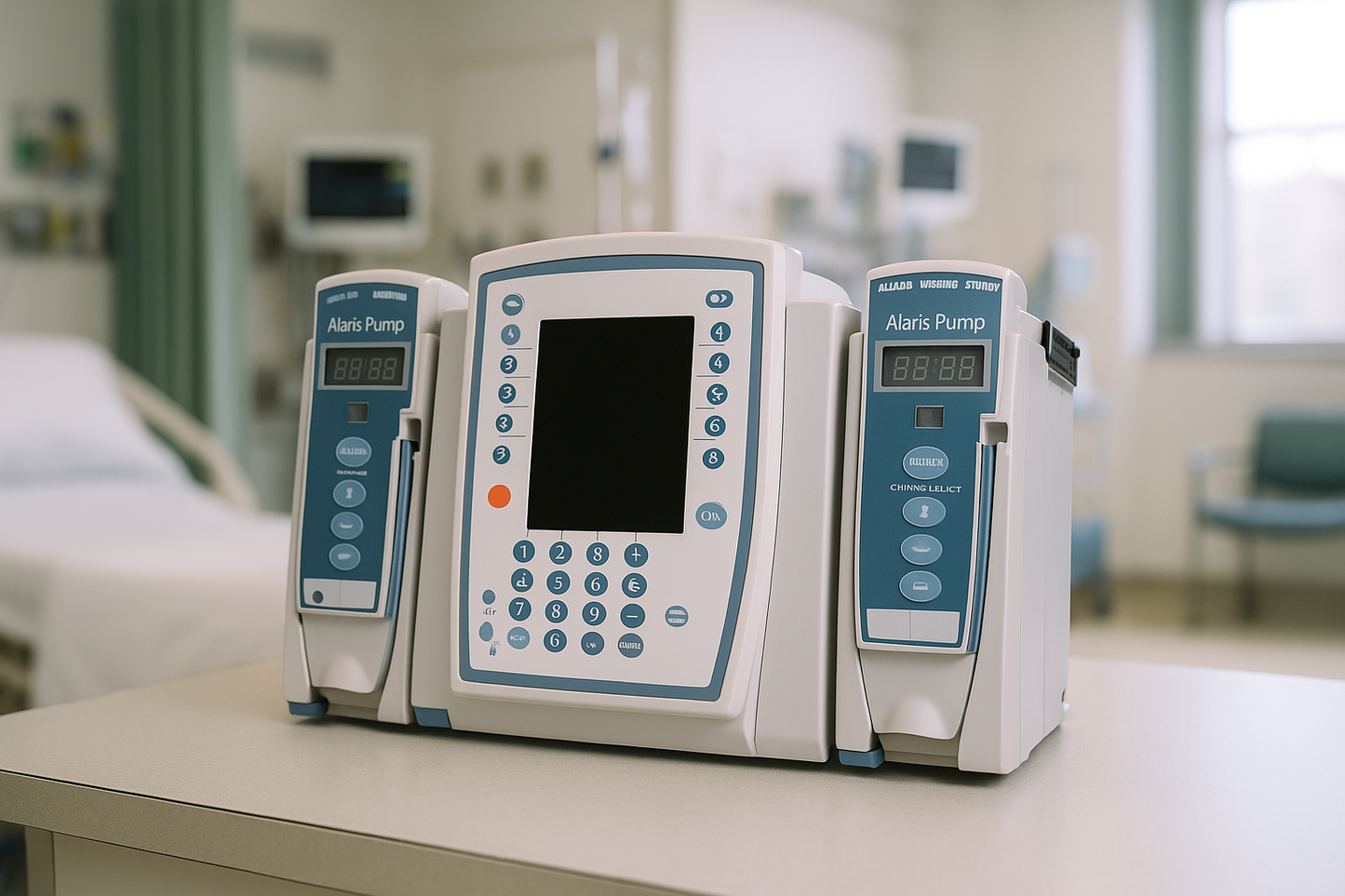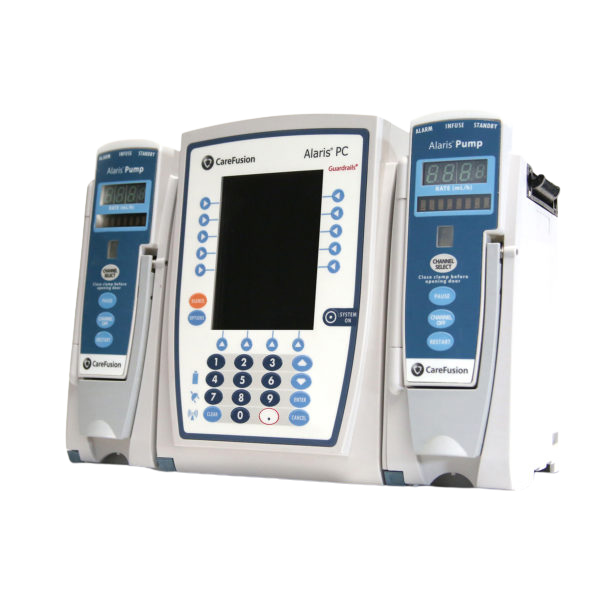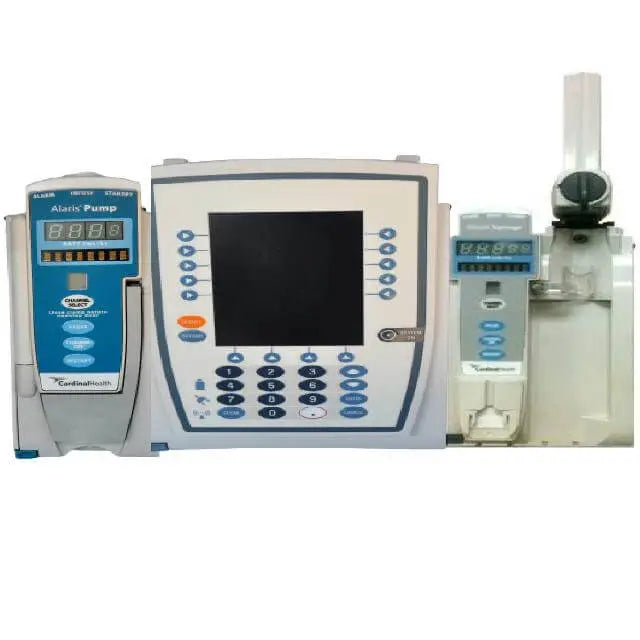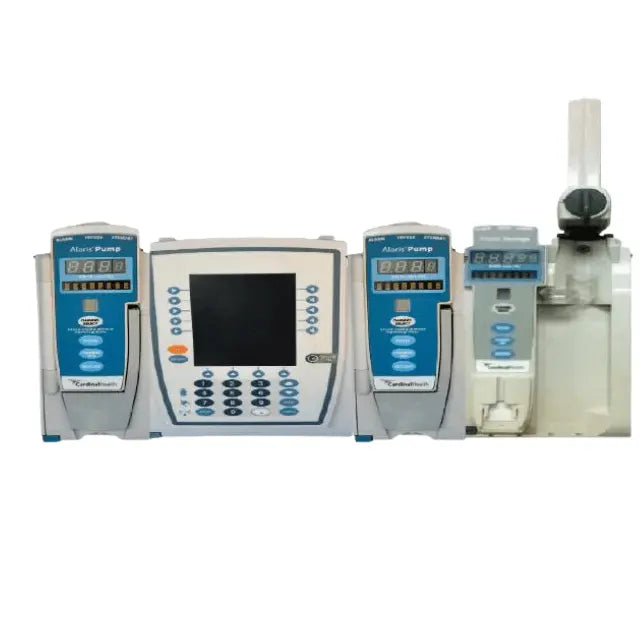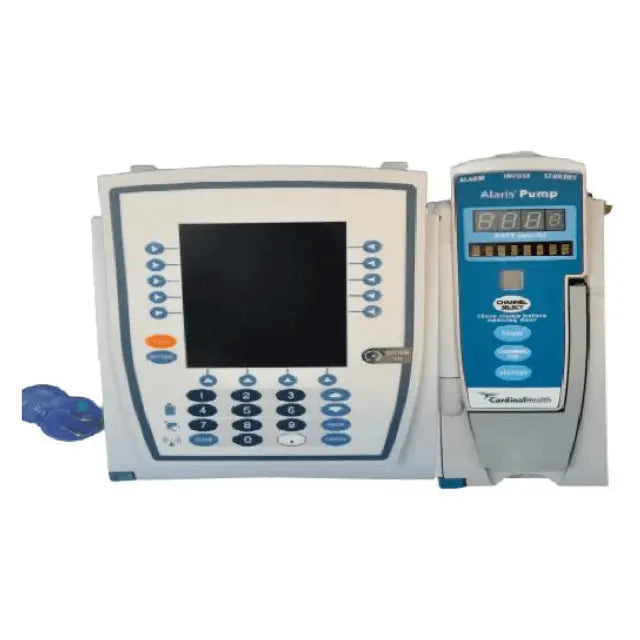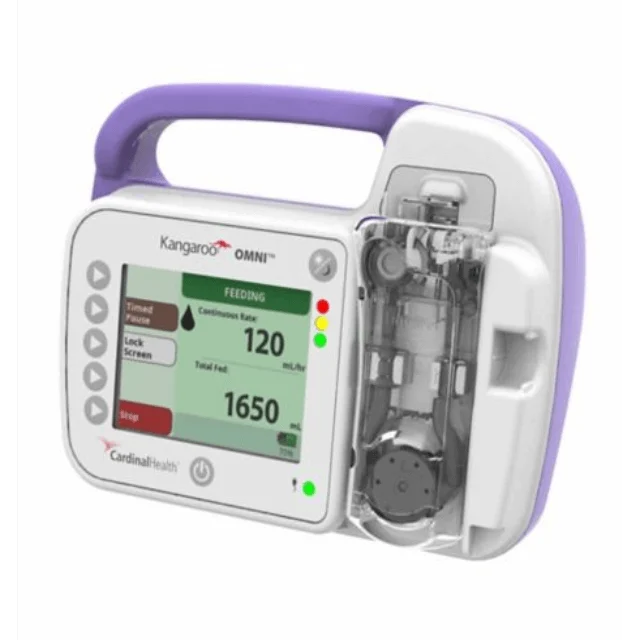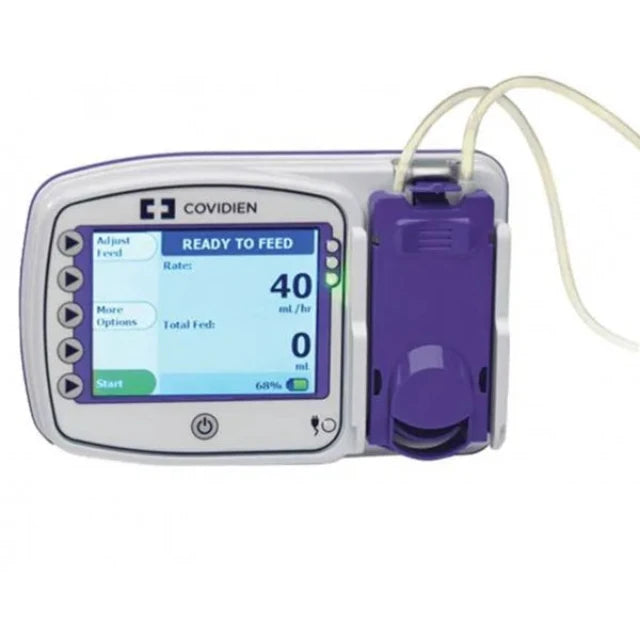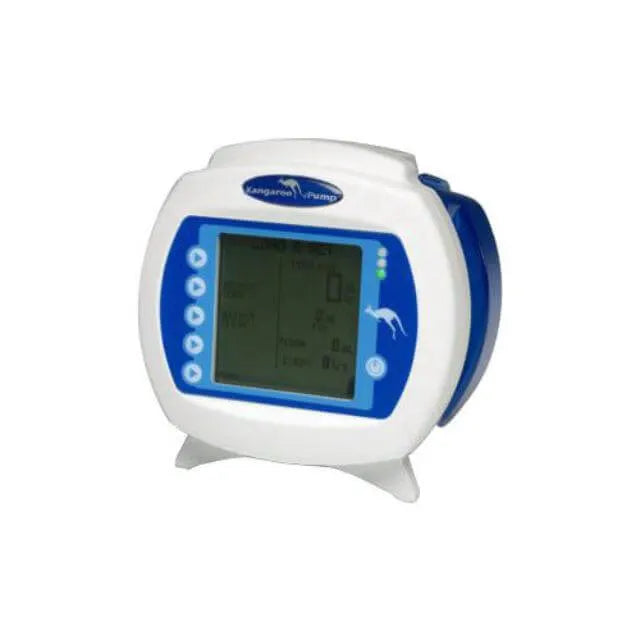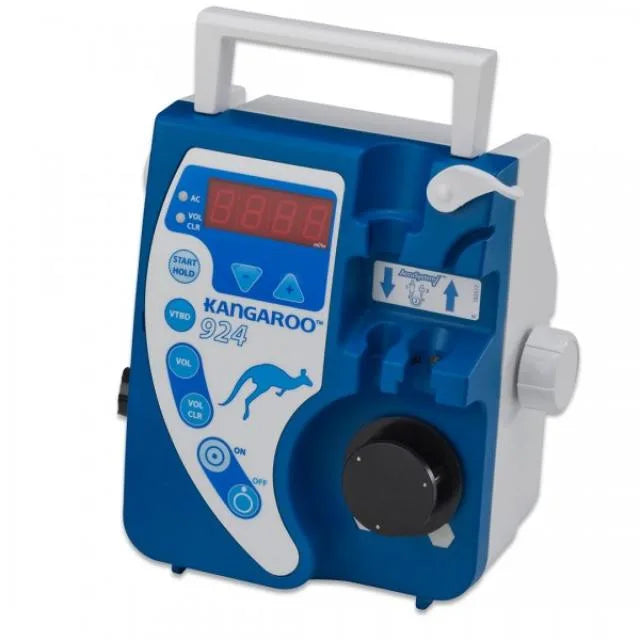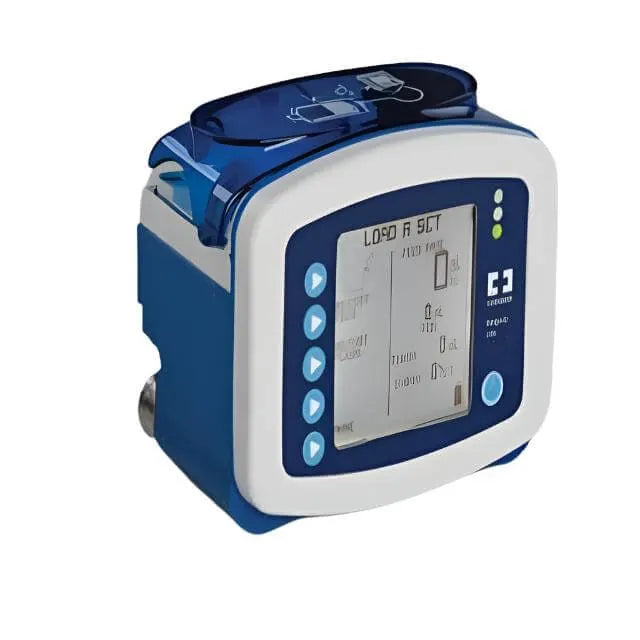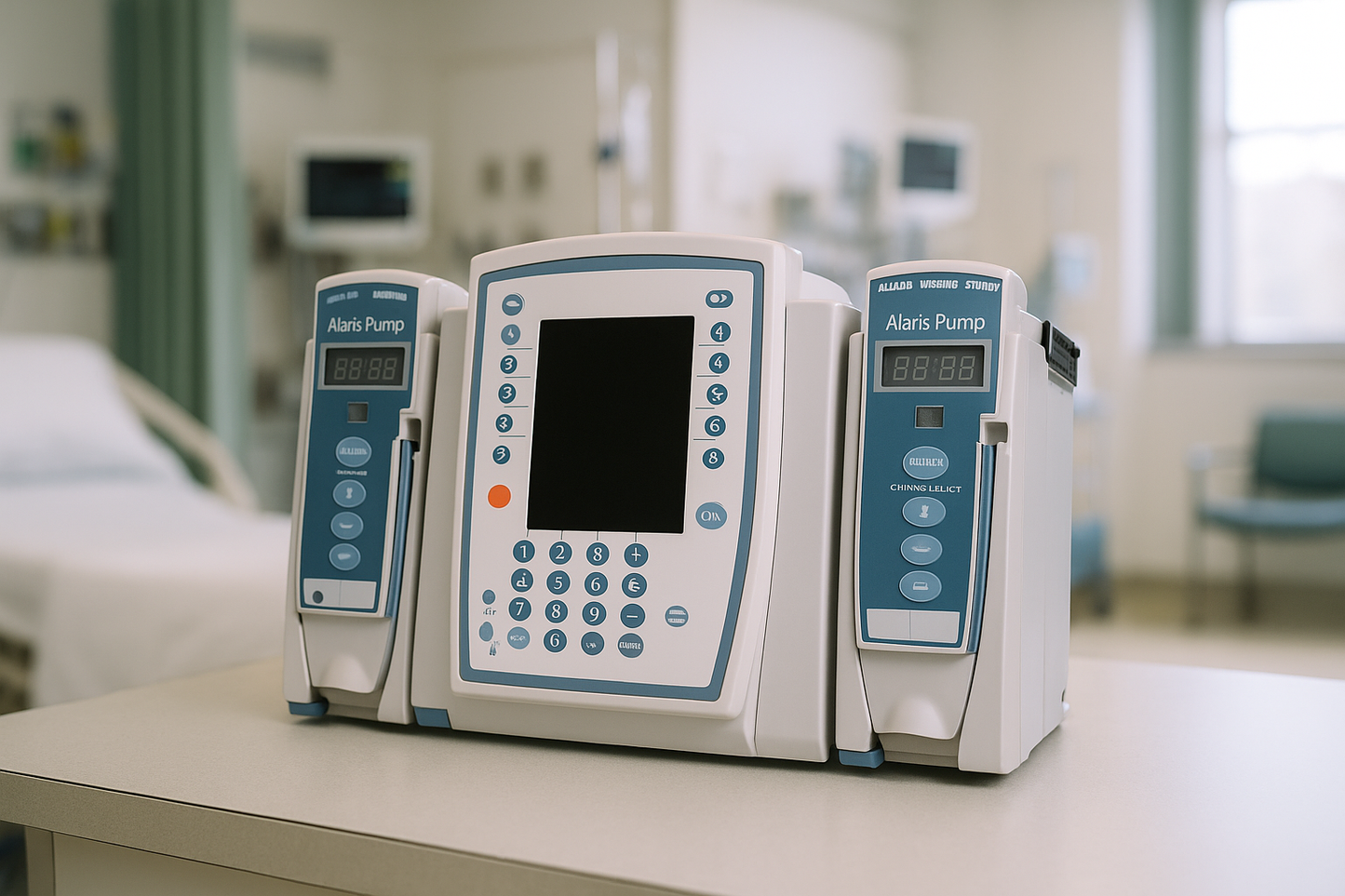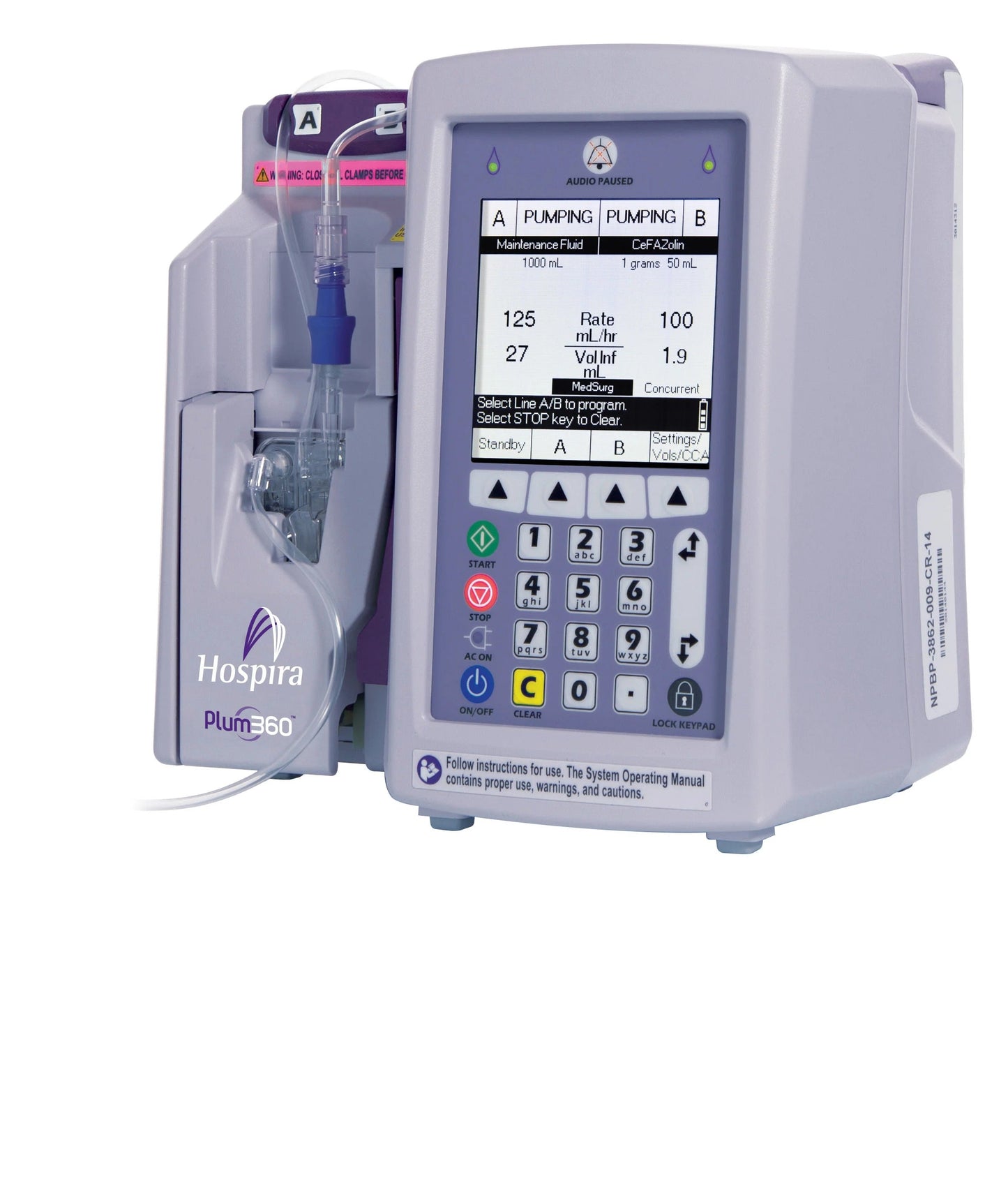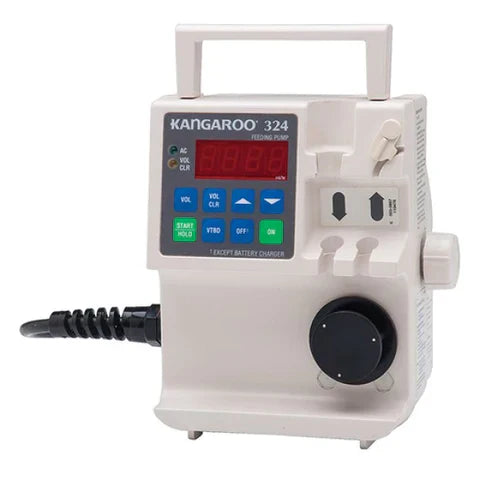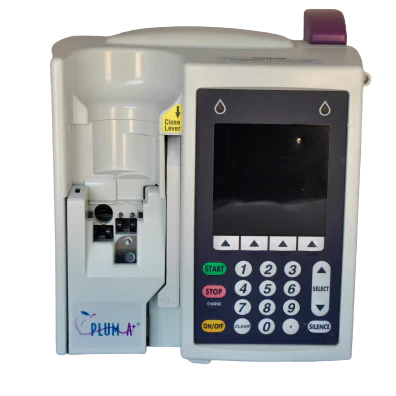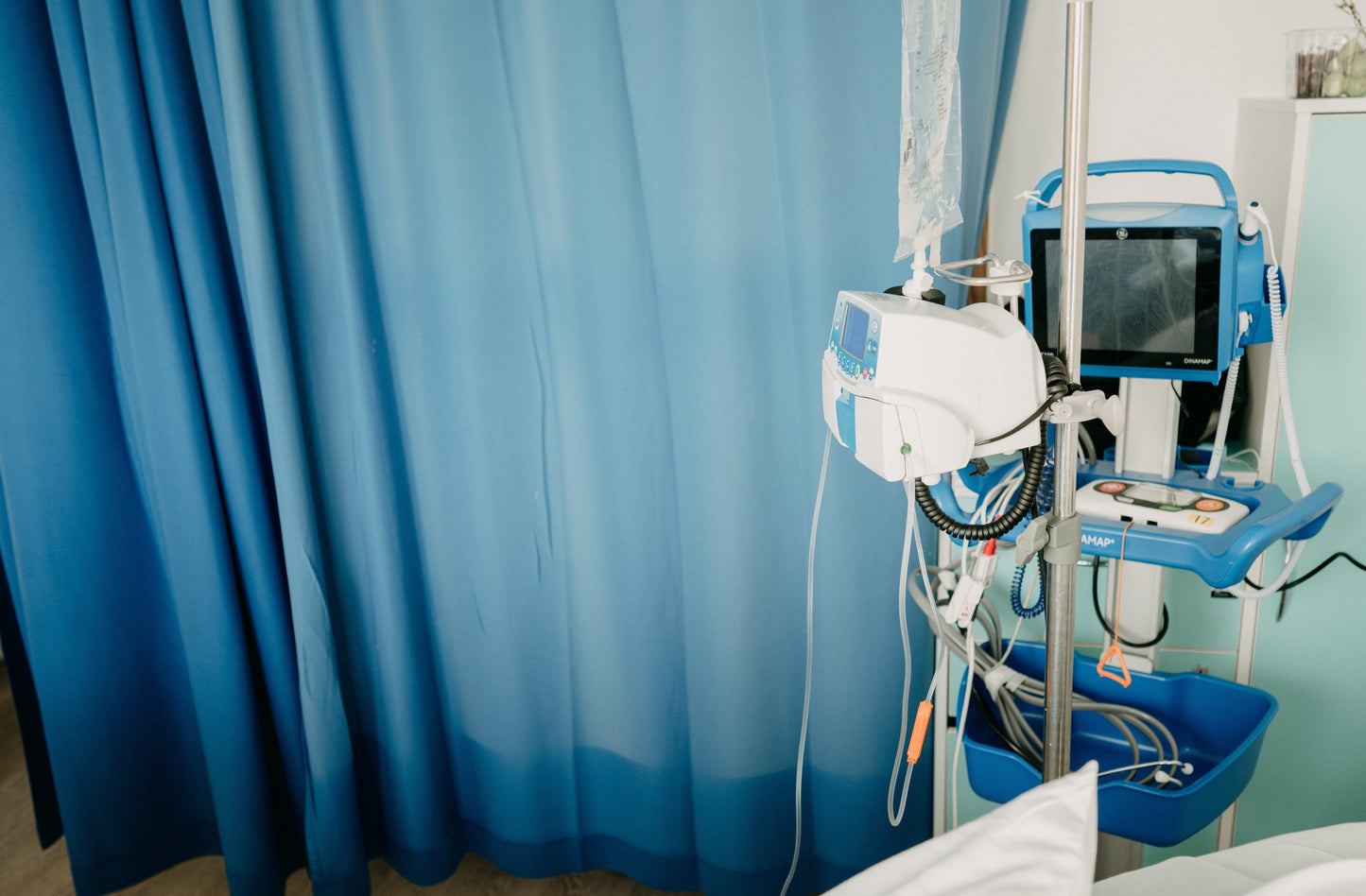
Cancer treatment has evolved significantly over the years, with advancements in technology playing a pivotal role in improving patient outcomes. One such technological marvel is the infusion pump, a critical component of chemotherapy, that has revolutionized the way cancer is managed and treated. In this article, we will delve into what infusion pumps do, the benefits they offer, and how infusion therapy plays a crucial role in cancer treatment.
Infusion Pumps: What They Do
Infusion pumps are sophisticated medical devices designed to deliver controlled doses of medications, fluids, or nutrients to patients intravenously. In the context of cancer treatment, chemotherapy infusion pumps are employed to administer chemotherapy drugs directly into a patient's bloodstream. This precise and controlled delivery ensures that the prescribed dosage is administered consistently over a specified period, allowing for more effective treatment.
Benefits of Infusion Pumps in Cancer Treatment
- Accurate Dosage: Infusion pumps excel in delivering chemotherapy drugs in precisely measured amounts. This accuracy is critical in cancer treatment, where even a slight deviation in dosage can have serious consequences. The precise dosing minimizes the risk of underdosing or overdosing, enhancing the effectiveness of the treatment while reducing side effects.
- Continuous Administration: Chemotherapy often requires prolonged treatment regimens that span several hours or even days. Infusion pumps can deliver medications continuously, eliminating the need for frequent manual injections and providing a consistent drug concentration in the patient's bloodstream.
- Reduced Nurse Intervention: Infusion pumps lessen the burden on healthcare providers by automating drug delivery. This allows nurses and medical staff to focus on other aspects of patient care, improving efficiency in busy oncology units.
- Patient Comfort: Continuous infusion through a pump is generally more comfortable for patients than repeated injections. It minimizes discomfort and reduces the risk of complications such as infiltration or infection at the injection site.
- Customized Treatment Plans: Infusion pumps can be programmed to match the unique needs of each patient. This customization enables oncologists to tailor treatment plans, adjusting dosage and infusion rates to maximize therapeutic benefits while minimizing side effects.
Infusion Therapy for Cancer
Infusion therapy plays a pivotal role in the overall cancer treatment strategy. It involves the administration of medications intravenously, including chemotherapy drugs, immunotherapy agents, and supportive care medications. Here are some key aspects of infusion therapy for cancer:
- Chemotherapy: Infusion therapy is the primary method for administering chemotherapy. Oncologists choose specific chemotherapy drugs and regimens based on the type and stage of cancer, and infusion pumps ensure the precise delivery of these drugs to target and eradicate cancer cells.
- Immunotherapy: Immunotherapy has emerged as a promising approach in cancer treatment. Infusion pumps are instrumental in delivering immunotherapeutic agents like monoclonal antibodies, checkpoint inhibitors, and CAR-T cell therapies, which enhance the body's immune response to cancer.
- Supportive Care: Cancer patients often experience side effects such as nausea, pain, and anemia. Infusion therapy can be used to provide supportive care, including antiemetics, pain management medications, and blood transfusions, to alleviate these symptoms and improve the patient's quality of life.
- Home-Based Infusion: In some cases, patients can receive infusion therapy at home using portable infusion pumps. This not only offers greater convenience but also reduces the risk of exposure to infections in healthcare settings, particularly during the COVID-19 pandemic.
Infusion pumps for chemotherapy have emerged as a crucial tool in the fight against cancer. Their ability to deliver accurate dosages, ensure continuous administration, and enhance patient comfort has significantly improved the efficacy and safety of cancer treatment. Infusion therapy, whether for chemotherapy, immunotherapy, or supportive care, has become an integral part of the comprehensive approach to managing cancer. As technology continues to advance, infusion pumps will likely play an even more prominent role in shaping the future of cancer treatment, offering hope to countless patients worldwide.
